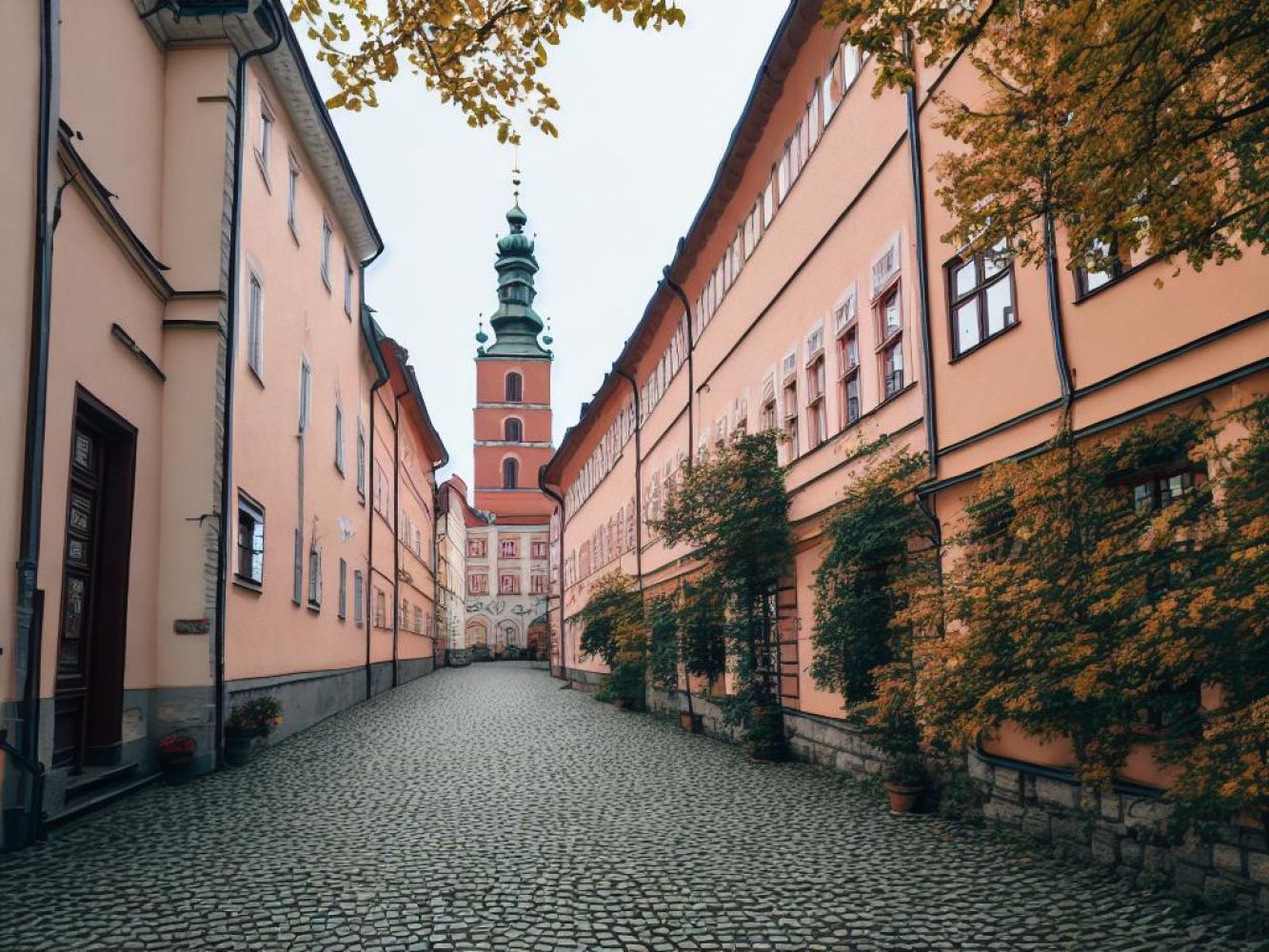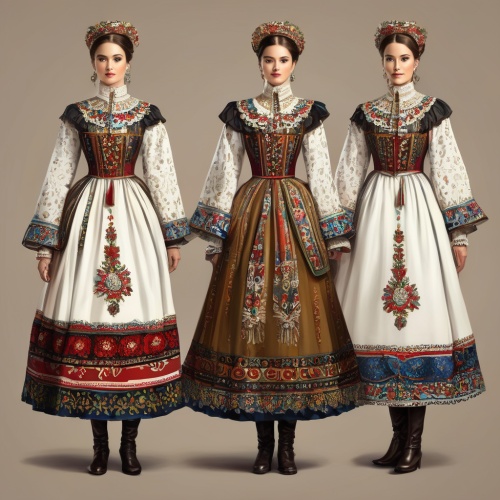Understand
Jelenia Gra, located in Poland, holds a rich and complex history that spans centuries. According to legend, it was founded in 1108 by Polish prince Bolesaw III Wrymouth at the confluence of the Bbr and Kamienna rivers. Throughout the Middle Ages, the town passed between the Polish, Czech, and Austrian monarchies, shaping its identity. The influx of ethnic German settlers from the west led to the town being increasingly known as Hirschberg. Hirschberg joined the Protestant Reformation in the 1520s but suffered greatly during the tumultuous Thirty Years' War. Besieged by both Protestant and Catholic forces, the town endured significant hardships. Following the war, Hirschberg's Protestant majority faced suppression under its Catholic Austrian Habsburg administrators for a century. In the aftermath of the Silesian Wars in the 1740s, the town was annexed by the Prussian kingdom. This period saw the emergence of Bad Warmbrunn, a neighboring village known for its natural warm springs. Under the patronage of House Schaffgotsch, it flourished into a renowned spa center, attracting notable visitors like U.S. President John Quincy Adams, German writer Johann Wolfgang von Goethe, and Polish Princess Izabela Czartoryska. Hirschberg embraced industrialization during the 19th century, propelling it forward as a key city under Prussian rule. While the town became part of the German Empire after Prussia's unification in 1871, it retained its German identity through the Weimar Republic. Tragically, during World War II, Hirschberg housed a sub-camp of the Gross-Rosen concentration camp, which claimed the lives of tens of thousands, including Jews, Poles, and prisoners of war. After the war, Hirschberg's German inhabitants were expelled, and the surrounding lands were annexed by Poland, leading to its renaming as Jelenia Gra in 1945. Under communist rule, attempts were made to erase the town's German past, including plans to demolish the Old Town, fortunately halted in 1965. Today, the Old Town stands as a testament to the city's history. With the collapse of communism in 1989, Jelenia Gra embraced its newfound freedom and once again opened its doors to the world. In 1999, the city became part of the Lower Silesian Voivodeship, solidifying its place as a vibrant tourist destination that celebrates its diverse heritage. Jelenia Gra is a city where the past and present intertwine, inviting visitors to discover its captivating story.








Comments
NO COMMENTS